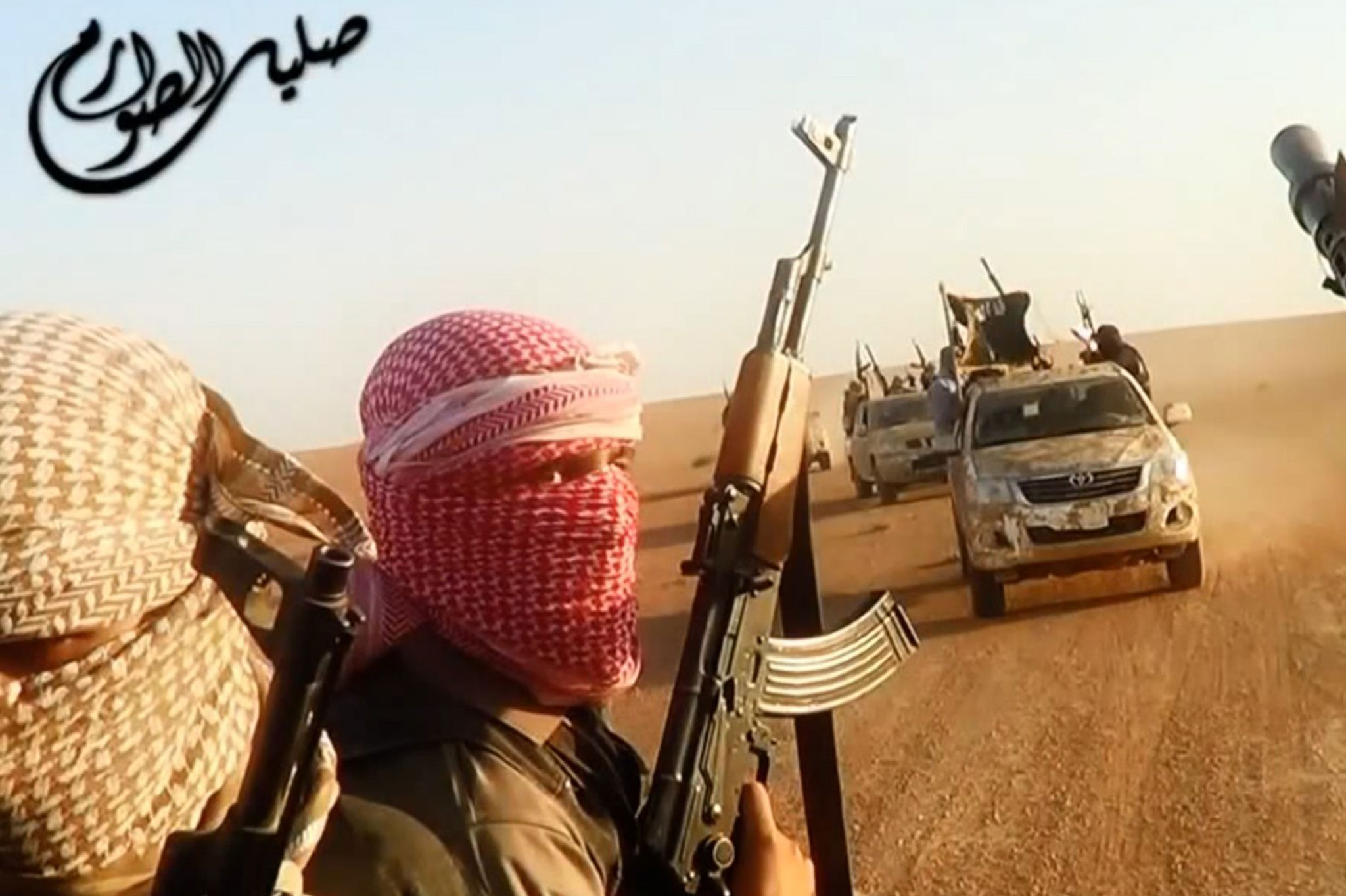Isis is winning the digital propaganda war, says extremism expert
Haras Rafiq says the West should have 'flaunted' its victories such as the one in Kobani last month

Isis is winning the digital war because its opponents are unable to counter their propaganda and challenge the falsehood of their narratives effectively enough, one of Britain's most influential counter-extremism experts has warned.
Haras Rafiq, the managing director of the government-funded Quilliam Foundation, said British efforts to counter Isis propaganda had fallen short, compounding dangerous extremist narratives that were aiding the radicalisation process.
"In the absence of social activists online, you have a symbiotic relationship between Islamists and the far-right — one is breeding the other: the West is at war with Islam, so the response is Islam is at war with the West," Mr Rafiq told a seminar in London.
Recent victories, such as that of the Kurdish peshmerga and coalition forces in the Syrian border town of Kobani, had been particularly missed in the digital effort.
"One of the biggest tricks we have missed in the last few days is their defeat in Kobani. That should have been something that we collectively should have focused on to say [Isis] are not God's chosen warriors, they are not all the things that they claim to be – they just lost Kobani."
The failure to capture Kobani last month was a major blow to Isis. Their hopes for an easy victory dissolved into a costly siege under relentless air strikes by US-led coalition forces and an assault by Kurdish militia that cost the lives of about 1,000 fighters.
Both sides recognised the significance of the battle. Capturing the town would have given Isis a direct link between its positions in the Syrian province of Aleppo and its stronghold of Raqqa, to the east. For the US-led coalition, the daily effort to repel Isis from the air was a costly and time-consuming exercise. A failure to halt the advance would have been a major blow to morale.
Such was its significance that in October a video surfaced featuring British hostage John Cantlie reporting under seeming duress, in an attempt to convey the message that Isis fighters were in the ascendancy.
But when the town finally fell in January, the mood changed. "The warplanes were bombarding us night and day. They bombarded everything, even motorcycles," one Isis fighter said last month. Another commented that the coalition warplanes "destroyed everything, so we had to withdraw and the rats advanced".
Speaking at the counter extremism seminar organised by consultancy group Albany Associates, Mr Rafiq said: "I think social activists should be flaunting those victories and we missed a trick.
"IS don't care if something is true or not true, they will get the messages out. Practitioners are fighting a battle of propaganda online and I think that activists, as part of the social incubators, should be getting these messages out."
His comments coincided with an announcement on Wednesday that Britain would offer intensive English language training to young Muslims in Egypt to enable them to tweet and blog in fluent English. Separately, Barack Obama warned on Thursday that groups like Isis and al-Qaeda were directing propaganda to young people and it was the duty of Islamic scholars and clerics to "push back" on harmful narratives.
Join our commenting forum
Join thought-provoking conversations, follow other Independent readers and see their replies
Comments